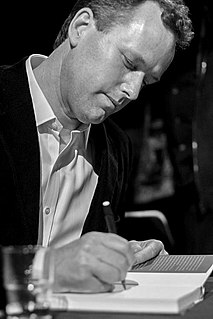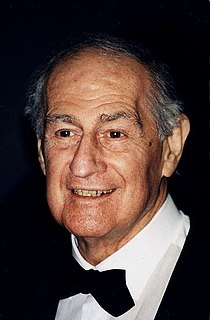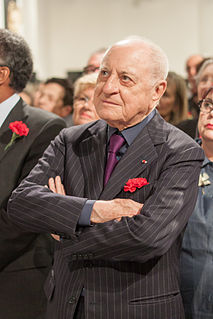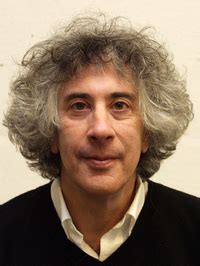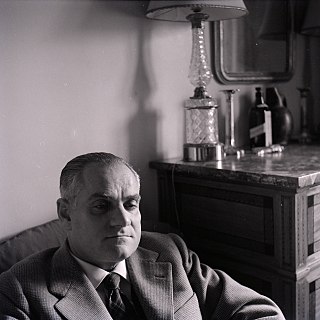A Quote by Harold Bloom
One measures oncoming old age by its deepening of Proust, and its deepening by Proust. How to read a novel? Lovingly, if it shows itself capable of accomodating one's love; and jealously, because it can become the image of one's limitations in time and space, and yet can give the Proustian blessing of more life.
Related Quotes
It is one of the many merits of this admirable biography of Proust's mother that it invites one to return to the novel with perhaps a fuller understanding of Proust's heredity, hinterland, and upbringing. . . . This fascinating book is full of interesting social and cultural observation, of information about French Jewish life, the position of Jews in society and, of course, the Dreyfus case. But it is essentially a study of one of the most remarkable and fruitful of mother-son relationships. As such it is a book that every Proustian will want to read.
How about Proust's In Search of Lost Time?" Tamaru asked. "If you've never read it this would be a good opportunity to read the whole thing." "Have you read it?" "No, I haven't been in jail, or had to hide out for a long time. Someone once said unless you have those kinds of opportunities, you can't read the whole of Proust.
I love Marcel Proust, but I leave him to his nostalgia. I don't approach art the way most people do. I don't get into Proust by imagining that I am Charlus or whoever. It's the same thing in painting - I try to look at it objectively. There's no pathos in that. It's like Bach's "Goldberg Variations." They have to be approached with a scalpel.
Proust is interested in minutiae because life, as he sees it, is seldom ever about things but about our impression of things, not about facts but about the interpretation of facts, not about one particular feeling but about a confluence of conflicting feelings. Everything is elusive in Proust because nothing is ever certain.
Both Proust and Joyce record the ways in which human perspectives can be transformed. In Portrait, Stephen Dedalus is constantly undergoing epiphanies, but their effects are transitory: the new synthetic complex quickly falls apart. Proust's characters, by contrast, often achieve lasting changes of perspective.
I once read somewhere that Sean Connery left school at the age of 13 and later went on to read Proust and Finnegans Wake and I keep expecting to meet an enthusiastic school leaver on the train, the type of person who only ever reads something because it is marvellous (and so hated school). Unfortunately the enthusiastic school leavers are all minding their own business.



